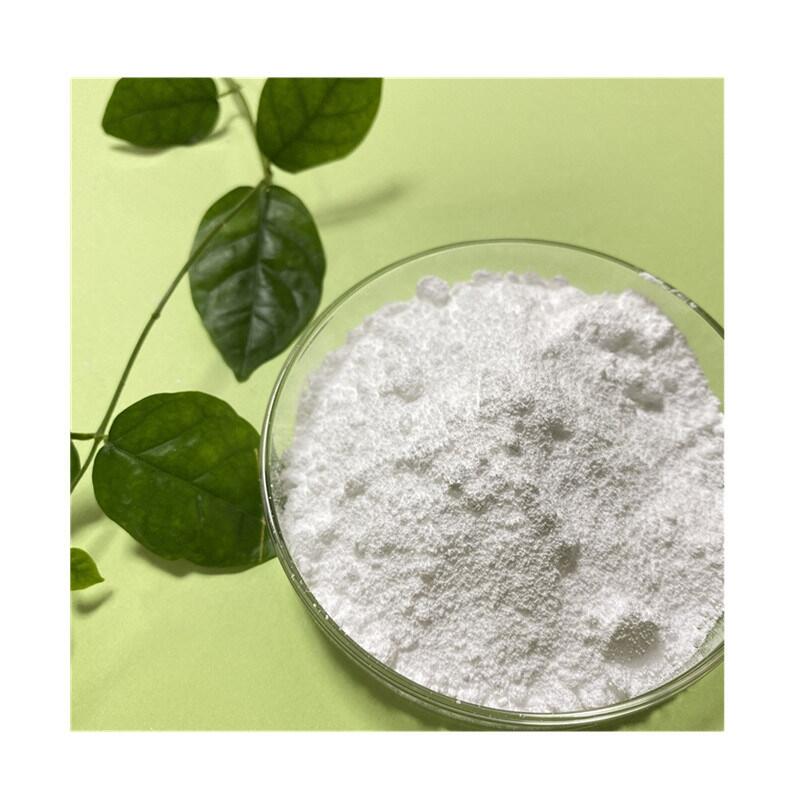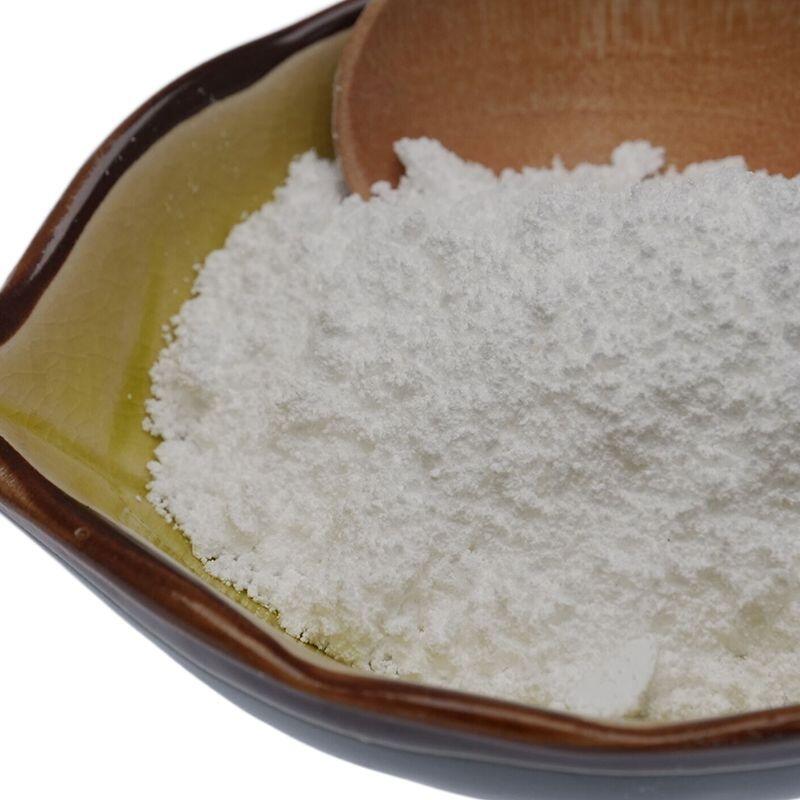-
Categories
-
Pharmaceutical Intermediates
-
Active Pharmaceutical Ingredients
-
Food Additives
- Industrial Coatings
- Agrochemicals
- Dyes and Pigments
- Surfactant
- Flavors and Fragrances
- Chemical Reagents
- Catalyst and Auxiliary
- Natural Products
- Inorganic Chemistry
-
Organic Chemistry
-
Biochemical Engineering
- Analytical Chemistry
-
Cosmetic Ingredient
- Water Treatment Chemical
-
Pharmaceutical Intermediates
Promotion
ECHEMI Mall
Wholesale
Weekly Price
Exhibition
News
-
Trade Service
The current guidelines for the treatment of immune- mediated diarrhea and colitis (IMDC) recommend steroids as the first-line treatment, and selective immunosuppressive therapy (SIT) (infliximab (infliximab) or vedolizumab) is recommended for refractory cases.
(vedolizumab)
.
Recently, the Journal for ImmunoTherapy of Cancer published related research results, the purpose is to compare the efficacy of these two SITs and their impact on tumor treatment results
The current guidelines for the treatment of immune- mediated diarrhea and colitis (IMDC) recommend steroids as first-line treatment, and selective immunosuppressive therapy (SIT) (infliximab (infliximab) or vedolizumab) is recommended for refractory cases.
The study is a two-center retrospective observational cohort study that collected and analyzed IMDC patients treated with SIT from 2016 to 2020 after the progress of steroid therapy
.
Collect and analyze patient demographic, clinical and overall survival data
The study is a two-center retrospective observational cohort study that collected and analyzed IMDC patients treated with SIT from 2016 to 2020 after the progress of steroid therapy
A total of 184 patients (62 cases of vedolizumab (VDZ), 94 cases of infliximab ((IFX), 28 cases of continuous combined use))
In terms of tumor types, the proportion of melanoma in the IFX group was higher (47% vs 16% , p<0.
The following high risk factors for IMDC recurrence were observed: longer duration of ICI (OR 1.
At the time of IMDC diagnosis , tumor progression rates were similar in all three groups (24% vs 36% vs 18% , p=0.
107)
.
At the last follow-up, tumor progression rates increased for all groups, but IFX tumor progression set higher than the other two groups ( respectively 54% , 34% , and 43 is% , P = 0.
At the time of IMDC diagnosis , tumor progression rates were similar in all three groups (24% vs 36% vs 18% , p=0.
Univariate analysis showed that higher Charlson comorbidity index (CCI) (OR 1.
The OS of patients treated with VDZ monotherapy was better than that of patients treated with IFX monotherapy (p=0.
In terms of the association with different tumor types, compared with the IFX group, the OS of genitourinary and lung cancer patients treated with VDZ was superior (p=0.
041 and p=0.
046)
.
041 and p=0.
046)
.
In terms of the association with different tumor types, compared with the IFX group, the OS of genitourinary and lung cancer patients treated with VDZ was superior (p=0.
Infection is one of the most common AEs associated with immunosuppressive therapy (steroids and SIT), accounting for 24% of all AEs
.
Infection of this study include gastrointestinal infections (41%) , urinary tract infection (37%) , pneumonia (7%) , periodontitis (7%) bacteremia (5%) and the like
.
In general, the infection rate is similar between patients taking long-term and short-term steroids or between low-dose and high-dose patients
.
However, there were more courses of steroid therapy in the IFX group, and infections increased significantly (19% vs 39% , p=0.
045)
.
.
Infection of this study include gastrointestinal infections (41%) , urinary tract infection (37%) , pneumonia (7%) , periodontitis (7%) bacteremia (5%) and the like
.
In general, the infection rate is similar between patients taking long-term and short-term steroids or between low-dose and high-dose patients
.
However, there were more courses of steroid therapy in the IFX group, and infections increased significantly (19% vs 39% , p=0.
045)
.
Infection is one of the most common AEs associated with immunosuppressive therapy (steroids and SIT), accounting for 24% of all AEsinfections
.
The infections reported in this study include gastrointestinal infections
.
(41%), urinary tract infection(37%), pneumonia(7%), periodontitis(7%)bacteremia(5%)and the like
.
In general, the infection rate is similar between patients taking long-term and short-term steroids or between low-dose and high-dose patients
.
However,There were more courses of steroid therapy in the IFX group, and infections increased significantly (19% vs 39% , p=0.
045)
.
In conclusion, research studies show that compared with infliximab, vedolizumab IMDC response rate comparable, but steroid use shorter, less hospital stay, lower IMDC recurrence
.
The more the SIT dose, the better the prognosis for survival, and the more steroid exposure, the worse the prognosis of the patient
.
.
The more the SIT dose, the better the prognosis for survival, and the more steroid exposure, the worse the prognosis of the patient
.
In summary, the research Institute research studies show that, compared with infliximab, vedolizumab IMDC response rate comparable, but steroid use shorter, less hospital stay, lower IMDC recurrence
.
The more the SIT dose, the better the prognosis for survival, and the more steroid exposure, the worse the prognosis of the patient
.
Studies have shown that compared with infliximab, the response rate of vedolizumab to IMDC is similar, but the steroid use time is shorter, the hospital stay is less, and the recurrence of IMDC is lower
.
The more the SIT dose, the better the prognosis for survival, and the more steroid exposure, the worse the prognosis of the patient
.
Original source:
Original source:Zou F, Faleck D,Thomas A, et al.
Efficacy and safety of vedolizumab and infliximab treatment for immune-mediated diarrhea and colitis in patients with cancer: a two- center observational study.
Journal for ImmunoTherapy of Cancer 2021;9:e003277.
doi:10.
1136/jitc-2021-003277
Efficacy and safety of vedolizumab and infliximab treatment for immune-mediated diarrhea and colitis in patients with cancer: a two- center observational study.
Journal for ImmunoTherapy of Cancer 2021;9:e003277.
doi:10.
1136/jitc-2021-003277 leave a message here






